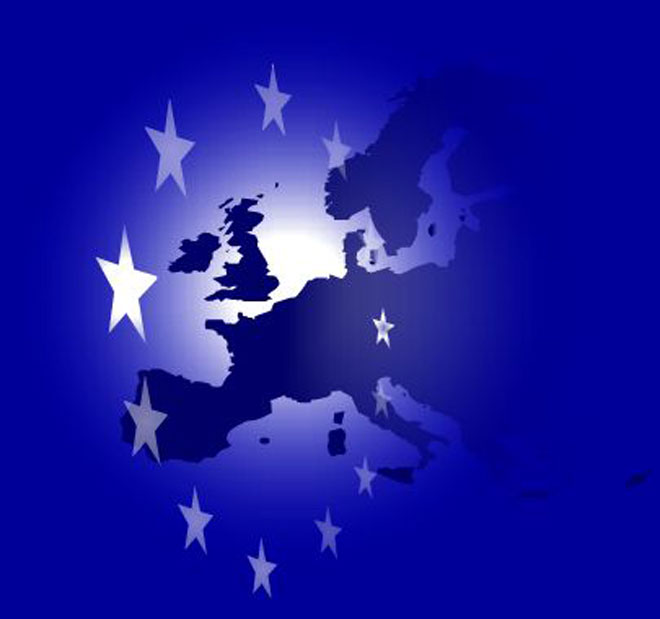The Eurogroup on Saturday welcomed the latest austerity measures approved by Greece and formally approved a 12-billion-euro (17-billion-dollar) loan installment needed by the cash-strapped Mediterranean country to avoid defaulting on its debt, dpa reported.
Eurozone finance ministers made the widely anticipated decision following the successful adoption by the Greek parliament of a major austerity package.
"The Greek authorities provided a strong commitment to adhere to the agreed fiscal adjustment path and to the growth-enhancing structural reform agenda, which are essential components of our strategy to restore fiscal sustainability and safeguard financial stability," the ministers said in a statement.
"Against this background ... ministers approve the disbursement of the fifth tranche of the current Greek Loan Facility by 15 July," the Eurogroup said.
The European Union is contributing 8.7 billion euros to the loan, part of a 110-billion-euro, three-year bailout fund jointly managed with the International Monetary Fund (IMF) and the European Central Bank.
Ahead of the decision, German Foreign Minister Guido Westerwelle defended Greece's latest austerity bill, saying its measures were vital to make the Greek economy healthy.
Germany is the biggest contributor to the EU loan.
Saturday's decision had been expected to be taken Sunday during a face-to-face meeting of eurozone finance ministers. But Luxembourg Prime Minister Jean-Claude Juncker, who chairs the Eurogroup, decided instead to hold a video conference late Saturday.
The Greek parliament last week voted through a 78-billion-euro austerity package, a precondition set by the EU and the IMF for payment of the loan.
Westerwelle defended the imposition of public spending cuts, telling the Saturday issue of the Greek newspaper To Vimas tis Kiriakis that it would have been "very dangerous to imagine one can fight a fire with petrol, and that you can get a grip on debt by making new debt."
"The remedy for the Greek economy is the stabilization of public finances via better tax revenues and reforms such as privatization," Westerwelle said.
But Polish Economy Minister Waldemar Pawlak, whose country assumed the rotating presidency of the EU on Friday, complained that the bailout tools at the EU's disposal need to be improved.
Greece, Ireland and Portugal have had to borrow money from the EU and the IMF amid a global financial crisis, with Greece returning to the rescue well twice.
"We should consider a different fix than adding successive loans with high interest," Pawlak told reporters in Warsaw.
Meanwhile, the head of Germany's industry federation, Hans-Peter Keitel, told the German Press Agency dpa that Greece needed a "business plan" that would make it more attractive to outside investors and cut down on bureaucracy.
"Greece needs a programme that not only cuts spending, but also generates the income the country lacks," Keitel said.
Protesters in Greece have been angered by Berlin's insistence on spending cuts, arguing that these will leave the country incurably poor. But Keitel said the bailout terms were right because they give Greece the chance to fix its economy.
"It won't happen in two or three months, but will take at least five years, if not 10," he added.
Eurozone welcomes Greek efforts, approves loan
The Eurogroup on Saturday welcomed the latest austerity measures approved by Greece and formally approved a 12-billion-euro (17-billion-dollar) loan installment needed by the cash-strapped Mediterranean country to avoid defaulting on its debt, dpa reported.






